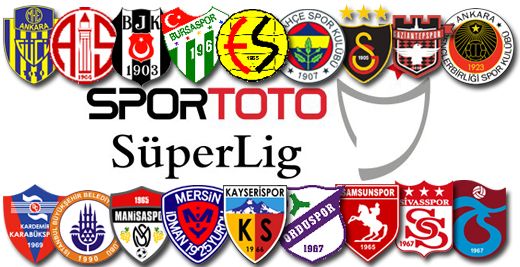 HABERLER & MAKALELER
HABERLER & MAKALELER  Ekonomi
Ekonomi
|
|
|||||||||||||||||||||||||||||||||||||||||||||||||
|
|||||||||||||||||||||||||||||||||||||||||||||||||
|
Diğer Makaleler...
|
|||||||||||||||||||||||||||||||||||||||||||||||||
|
<< Başlangıç < Önceki 1 2 3 4 5 6 7 8 9 10 Sonraki > Son >> |
|||||||||||||||||||||||||||||||||||||||||||||||||
| Sayfa 4 / 10 | |||||||||||||||||||||||||||||||||||||||||||||||||
Son Yayınlananlar
- Ruben Amorim'in Manchester United'daki Dönemi Kapanırken, Kulüp İçinde Bulunduğu Kargaşa ve Kaostan Çıkabilecek mi?
- Spor Sponsorluğu Uygulamasında 23 Soru, 23 Yanıt- İkinci Bölüm
- Kırık Camlar Ligi
- NBA Europe Geliyor, EuroLeague Buna Hazır mı?
- Beşiktaş Evlatlarını Böyle Göndermez
- Türk Sporunda Denge Arayışı
- Kolektif ve Bireysel Travmaların Futbol Sahnesi
- Futbol, İnsanı Kendi Benliğinden Göç Ettirir!
- Transfer Yanılgısı: Sorun Futbolcuda Değil, Anlayışta!
- Spor Sponsorluğu Uygulamasında 23 Soru, 23 Yanıt
Yazarlarımızın Son Yazıları
Kimler Sitede
Şu anda 1535 konuk çevrimiçiİstatistikler
İçerik Tıklama Görünümü : 55517924|
Yazılarınızı info@futbolekonomi.com adresine gönderebilirsiniz. |









































